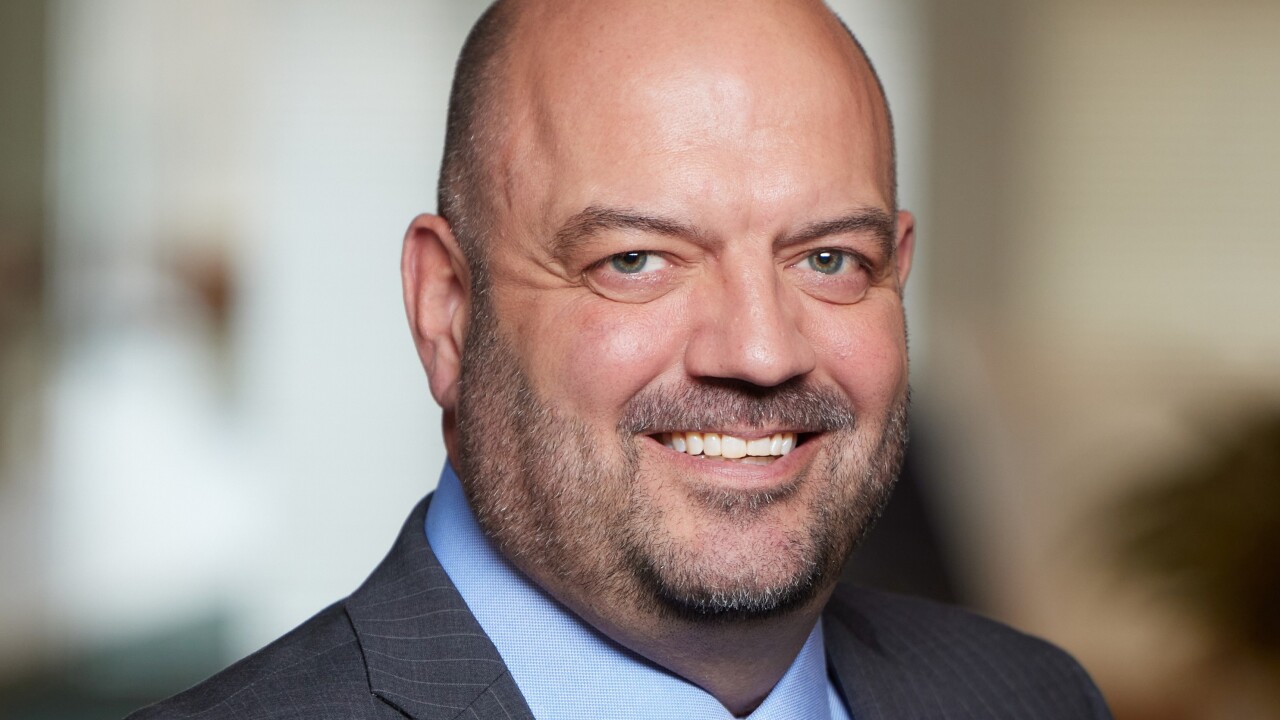Two former executives of the failed GulfSouth Private Bank in Destin, Fla., and another man have been indicted on federal charges of defrauding the Troubled Asset Relief Program of $7.5 million.
Anthony J. Atkins, 51, the bank's former president, and Samuel D. Cobb, 37, a former vice president, and Bruce A. Houle, 57, a customer from Inlet Beach, Fla., were hit with a seven-count indictment by a U.S. grand jury last week. The charges include conspiracy to commit bank fraud, false statements to a federally insured institution and bank and mail fraud, according to a news release from the Office of the Special Inspector General for Tarp.
A trial is scheduled for Feb. 6.
Atkins' attorney, Wilmer Parker, said in an interview Monday that starting in 2009 the bank conducted an internal investigation into the matter, and the U.S. attorney's office for the Northern District of Florida has investigated the case since 2012.
"I believe many of these allegations, if not all of them, are going to be an effort by the government to find criminal liability for what might be otherwise unsafe banking practices, but not conduct evidencing intent to commit bank fraud," Parker said.
Atkins and Cobb schemed in 2008 to conceal that the bank had mortgage loans in default, the inspector general's news release said. The executives are accused of having Houle and three others — Mark W. Shoemaker, Michael Bradley Bowen and William Blake Cody — take out $3.8 million of loans that the men were told they would not have to repay.
Forms submitted to the Department of Housing and Urban Development stated falsely that the customers provided cash for their transactions, but the amount listed on the forms as "cash from borrower" was actually GulfSouth-provided money, the release said.
Atkins, Cobb, Houle, Shoemaker, Bowen and Cody submitted fraudulent security agreements that falsely represented that the customers were obligated to repay their loans that, due to the scheme, appeared as though they were performing, the release said.
In September 2009, GulfSouth received $7.5 million from Tarp. Subsequently, Atkins and Cobb allowed the condominiums that were collateral for the mortgage loans to be sold in short sales, resulting in losses for GulfSouth, the release said. They also allowed additional lines of credit that they had issued to be charged off of the bank's books and records, the release said.
State and federal regulators shut down the bank in October 2012.


